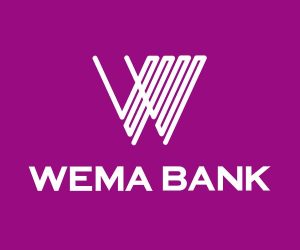By peace Udugba
The United Nations Educational, Scientific and Cultural Organization (UNESCO) has officially designated the International Media and Information Literacy Institute in Abuja, Nigeria, as a UNESCO Category 2 Institute — the first of its kind globally.
The landmark approval was announced during the 43rd General Conference of the Communication and Information Commission (CI Session) held in Samarkand, Uzbekistan.
With this endorsement, Nigeria is now positioned to lead global efforts in research, policy dialogue, and capacity-building in the critical field of media and information literacy, especially in combating misinformation and disinformation in the digital age.
Speaking at the UNESCO conference, Nigeria’s Minister of Information and National Orientation, Mohammed Idris, described the designation as “a strong vote of confidence in Nigeria.” He reaffirmed the country’s readiness to take on this leadership role.
“The Institute will serve as an international hub and observatory, helping individuals and communities around the world to navigate the complexities of the digital age with discernment and responsibility,” Idris said.
He emphasized that under President Bola Ahmed Tinubu’s leadership, Nigeria is committed to fostering responsible free speech and promoting digital inclusion. “Media and information literacy is central to our strategy of democratizing digital opportunities,” the Minister added.
The approval follows Nigeria’s hosting of the 10th Global Media and Information Literacy Week in Abuja in October 2022, during which the government pledged to establish a global institute dedicated to this cause.
Minister Idris further revealed that Nigeria would continue working closely with UNESCO to meet the Institute’s infrastructure and governance needs. A multidisciplinary team of experts will be assembled to support the Institute’s global mission.
The formal launch of the Institute is scheduled for February 2026 in Abuja and will be attended by UNESCO officials, member states, and global partners.






